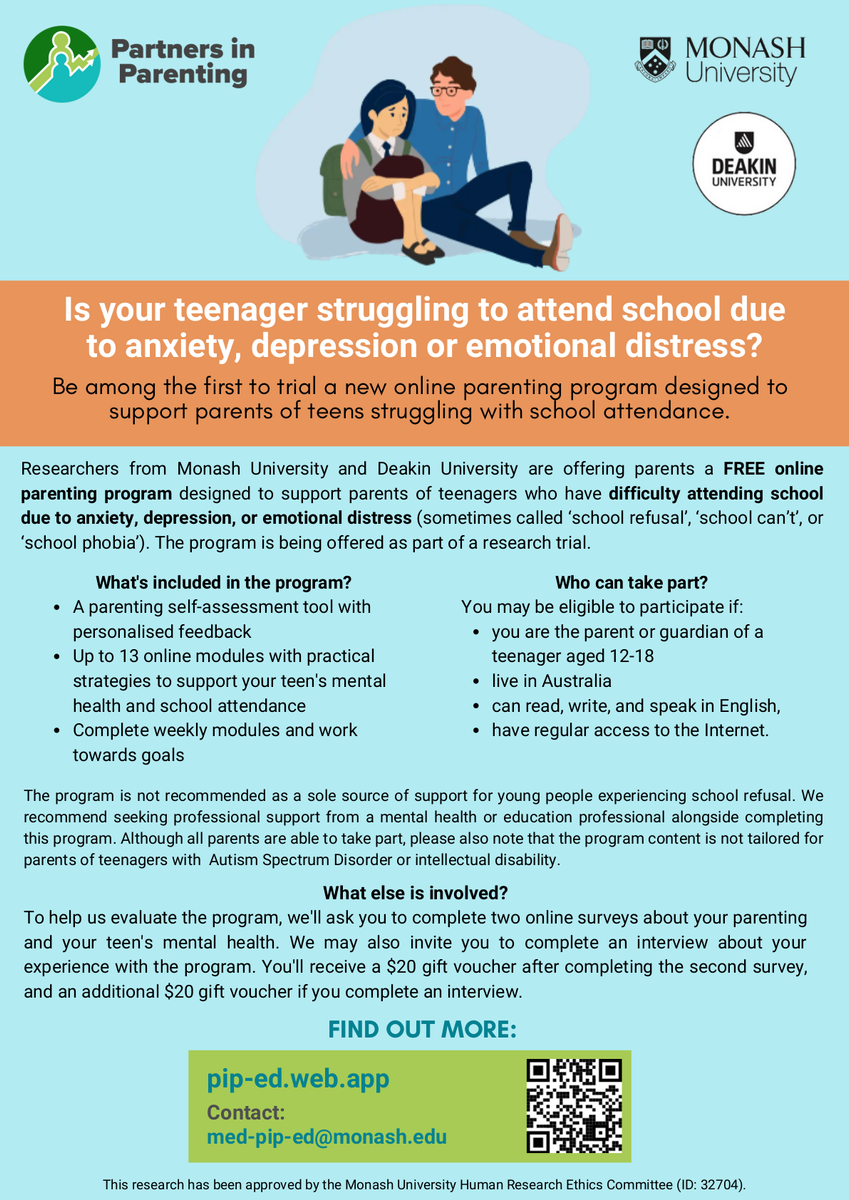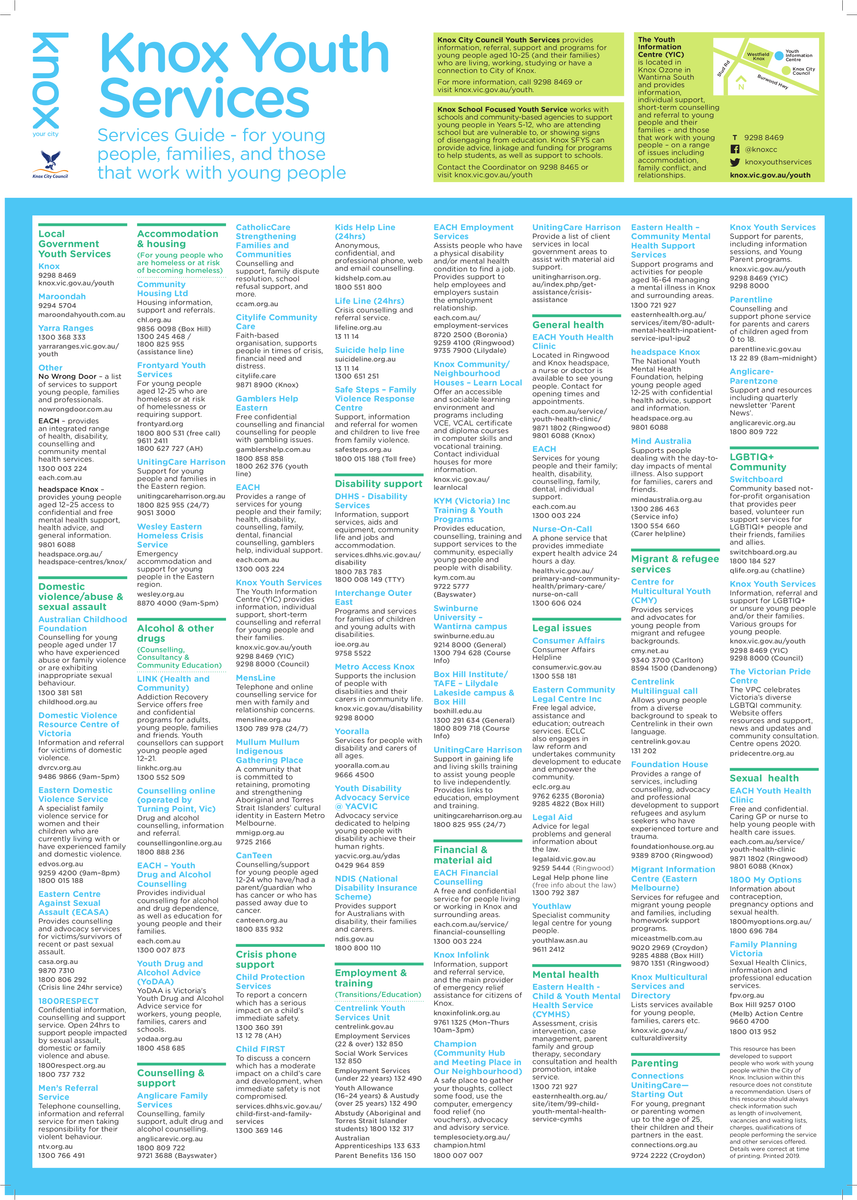Parent Wellbeing
Wellbeing

Parent Wellbeing
Wellbeing


Do you ever wonder what happened to your sweet, affectionate, “glad to be part of this family” younger child? Did your child enter adolescence and suddenly became distant? Would they rather be in their room than go out?
This happens to all children when they hit the age of puberty, but there are some ways that you as a parent can prepare them for these stages as well as guide them into becoming more mature adults.
As a parent, our questions, tone and actions are all being watched and over time our actions are the ones that set the mood in the household. This is where parents need to think before they act, and know that it isn’t us, but a stage in their life where we need to set the boundaries but give them autonomy.
Emotional distance can be healthy for your child. The teen years is a stage where your child discovers their personality, interests and independence outside of the family influence. You have already shaped them the best way that you can, but now this time is about helping them transition into the adult world. At the moment, your child will find comfort and would rather spend time with friends, so this is where you set boundaries with their independence.
Here is what you can do to help this:
But note, if you are seeing signs that are also not normal behaviour, it is best to contact a professional to seek advice. Depression, bullying, substance abuse, and other factors can also lead to sudden behaviour changes, so as a parent, if you apply these methods and their behaviour is not normal, then seek advice.
Emotional distance is not an excuse for anger or abuse. Although you need to give them the independence they need, it doesn’t mean that they are allowed to be disrespectful or break the rules of the household.
Boundaries are still important for this stage in their life. Because let’s face it, there will be boundaries for the rest of their life, and they need to know now that everything has a price and consequence.
A healthy emotional distance means allowing and even encouraging independence while at the same time holding your child accountable for the rules and expectations of your home. Just keep going back to the previous tips.
Take care of yourself. This will be an emotional rollercoaster for you, and as a parent, we are going to grieve the loss of losing their emotional attachment to their child. But know that you are not alone, and this is a normal process of transition to adulthood.
If you are seeking extra support, remember there are a range of services can help you as you navigate the challenges that come with raising children. You can get free parenting advice in every state of Australia by calling a parenting hotline (13 22 89). There are also many services and support options that can help you.
This article was written by WAYS Youth & Family staff at https://ways.org.au/




The Wellbeing Team have compiled a range of resources and support services for students and families to access via Compass under Community (the two people) – School Documentation – For Students/For Parents – Wellbeing Resources.
Parentline: 13 22 89
If you would like further ongoing support, it is recommended that you make an appointment with your family General Practitioner (G.P.) where you can discuss the concerns that you may behaving. The G.P. will then be able to make the appropriate referral for ongoing support as required.
Student Wellbeing Team
Email: wellbeing@wantirnacollege.vic.edu.au
Guiseppe Relia – Wellbeing Coordinator
Talea-Jane Simpson – School Counsellor
Lea Marrison - Mental Health Practitioner
Tajinder Wulff - Mental Health Practitioner